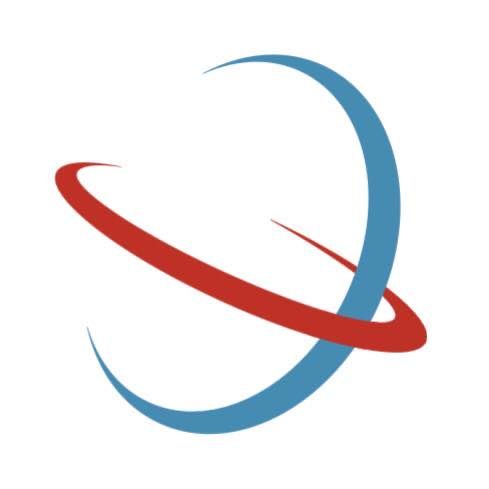Vaccines are highly effective tools against infectious diseases and are also considered necessary in the fight against malaria. Vaccine-induced immunity is frequently mediated by antibodies. We have recently conducted a first-in-human clinical trial featuring SumayaVac-1, a malaria vaccine based on the recombinant, full-length merozoite surface protein 1 (MSP1FL) formulated with GLA-SE as an adjuvant. Vaccination with MSP1FL was safe and elicited sustainable IgG antibody titers that exceeded those observed in semi-immune populations from Africa. Moreover, IgG antibodies stimulated various Fc-mediated effector mechanisms associated with protection against malaria. However, these functionalities gradually waned. Here, we show that the initial two doses of SumayaVac-1 primarily induced the cytophilic subclasses IgG1 and IgG3. Unexpectedly, a shift in the IgG subclass composition occurred following the third and fourth vaccinations. Specifically, there was a progressive transition to IgG4 antibodies, which displayed a reduced capacity to engage in Fc-mediated effector functions and also exhibited increased avidity. In summary, our analysis of antibody responses to MSP1FL vaccination unveils a temporal shift towards noninflammatory IgG4 antibodies. These findings underscore the importance of considering the impact of IgG subclass composition on vaccine-induced immunity, particularly concerning Fc-mediated effector functions. This knowledge is pivotal in guiding the design of optimal vaccination strategies against malaria, informing decision making for future endeavors in this critical field.







